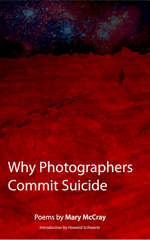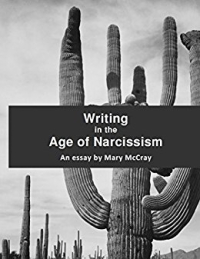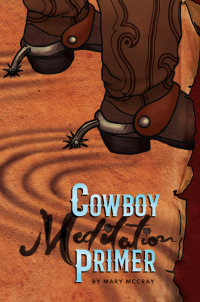 It seems so tempting, right?
It seems so tempting, right?
Every time I encounter a cool do-it-yourself project someone else has done, I feel an almost irresistible urge to want to do my own version of that project. Take for example the board game Monsieur Big Bang game me for my birthday last week, The Collector Game. It was created by a hobby board-game maker using the tool BoardGameDesign.com. More fun than the actual game is the idea of designing my own game! All my trivial hobbies could be brought to bear on the designs for various board games!
Total nerd-out!
I’m also taking an online Electronic Literature class and every example sparks the same bubble-cluster of ideas for programmed lit pieces. The list of things I want to try has gotten a bit overwhelming, frankly, especially for potentially time-consuming projects.
Podcast envy is yet another consuming type of endeavor that always sounds so appealing. Like, wouldn't it be lots of fun to start a restaurant?
For the last few years I’ve been dipping my toes into the podcast subscription world and I have a library of political podcasts, poetry podcasts, the Serial podcast was infamous last year and I too was engrossed in that first crime solving season. Lexicon Valley is also a favorite word-nerd podcast that has been very educational and entertaining.
I even finished a brief how-to-podcast class this summer from Treehouse and I learned Podcasts are not impossibly hard to produce. Theoretically anyone can do it. Technically I could do it. But the big challenge about producing a podcast isn’t the technological barriers, it’s the mental ones. It's hugely taxing and overwhelming to produce the content week after week, month after month. Planning, editing and promoting podcasts takes more time than you’d imagine, which is why the majority of podcasts don’t last longer than three months!
But here are some tips from the class if you'd still like to try launching a poetry podcast:
- Plan out your topics and guests three to six months (maybe even a year if this is feasible) in advance.
- Invest in affordable yet professional equipment. You don’t have to be a corporate entertainment company to sound great. And a great sounding conversation is addictive. Note how deliciously good NPR shows sound.
- Learn how to edit audio files. A lot of mistakes can be corrected with editing.
- Assign mandatory podcast work hours for each week so you don't fall behind and give up.
- Test your recording with your guest at the start of each session: check sound levels, check for background noises. Listeners will bail out of a podcast that has low or difficult sound.
I was trying to access The Missouri Review's Soundbooth podcast a few weeks ago. All the latest episodes are not dowloading to my iphone for some reason and when I opened an older episode from 2015, the sound of the guest was so low and hard to hear I gave up in less than two minutes.
Most people listen to podcasts while they're multitasking: driving, walking, cooking, getting ready in the morning. A good, loud sound recording is the bare minimum.
You can then promote your podcasts on your website, iTunes or SoundCloud.
Lifehacker can tell you step-by-step how to start your own Podcast show.

 Never before have I read two memoirs that seemed to go so well together, two books that tell the same story with different voices and different perspectives.
Never before have I read two memoirs that seemed to go so well together, two books that tell the same story with different voices and different perspectives.


